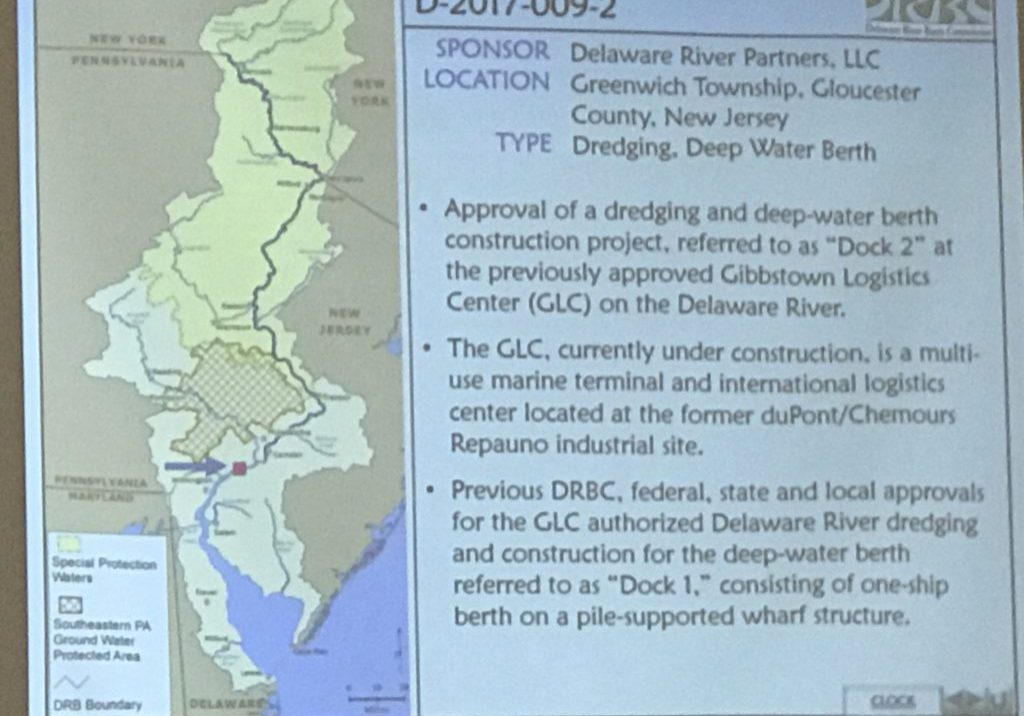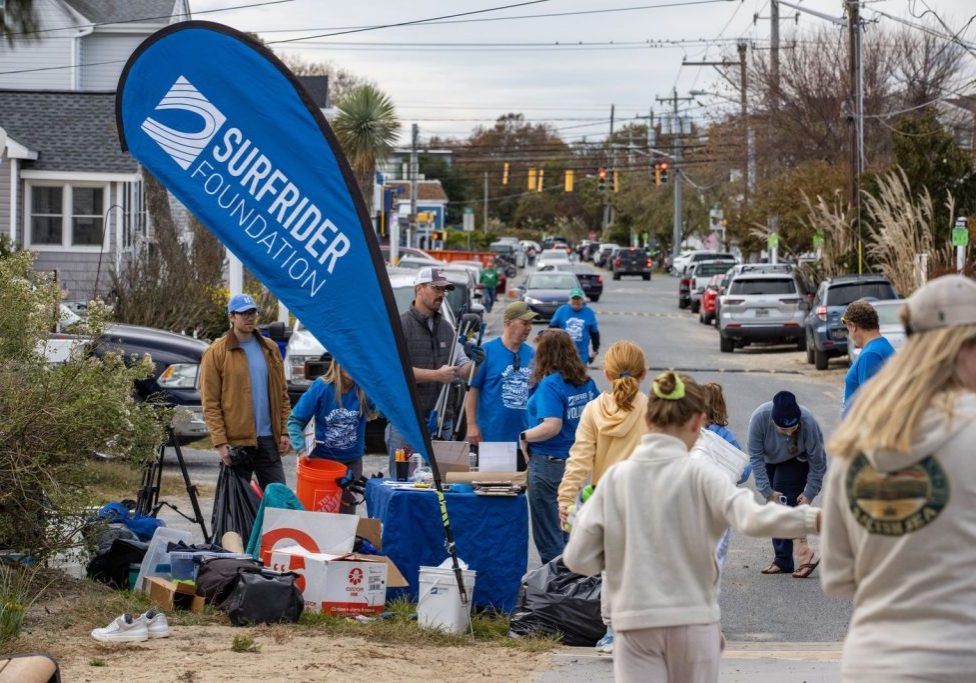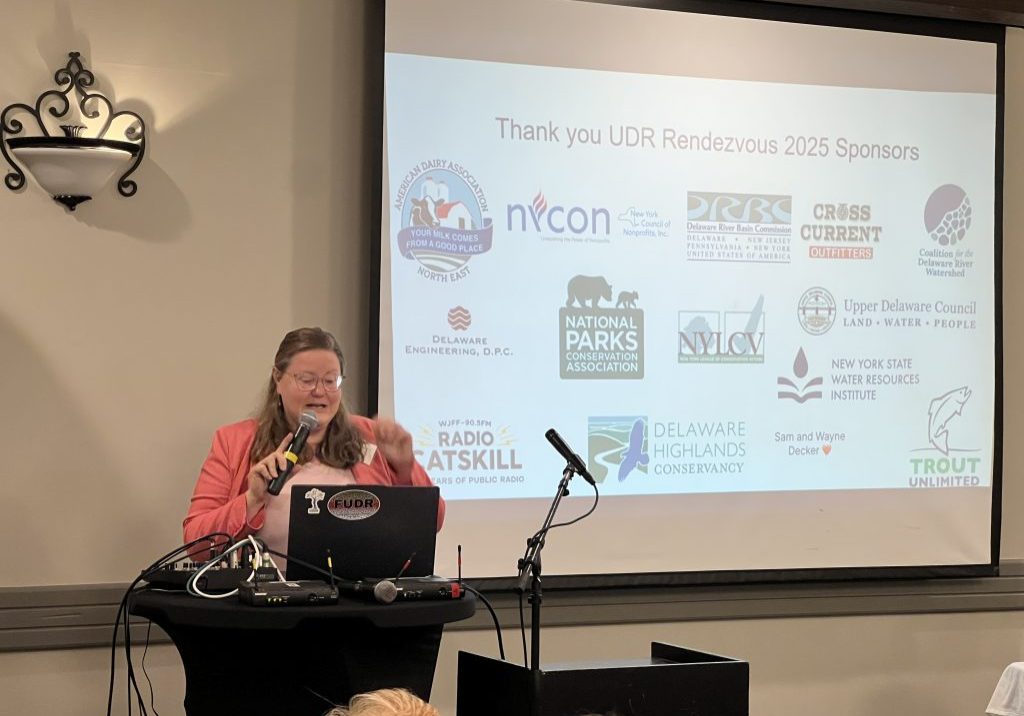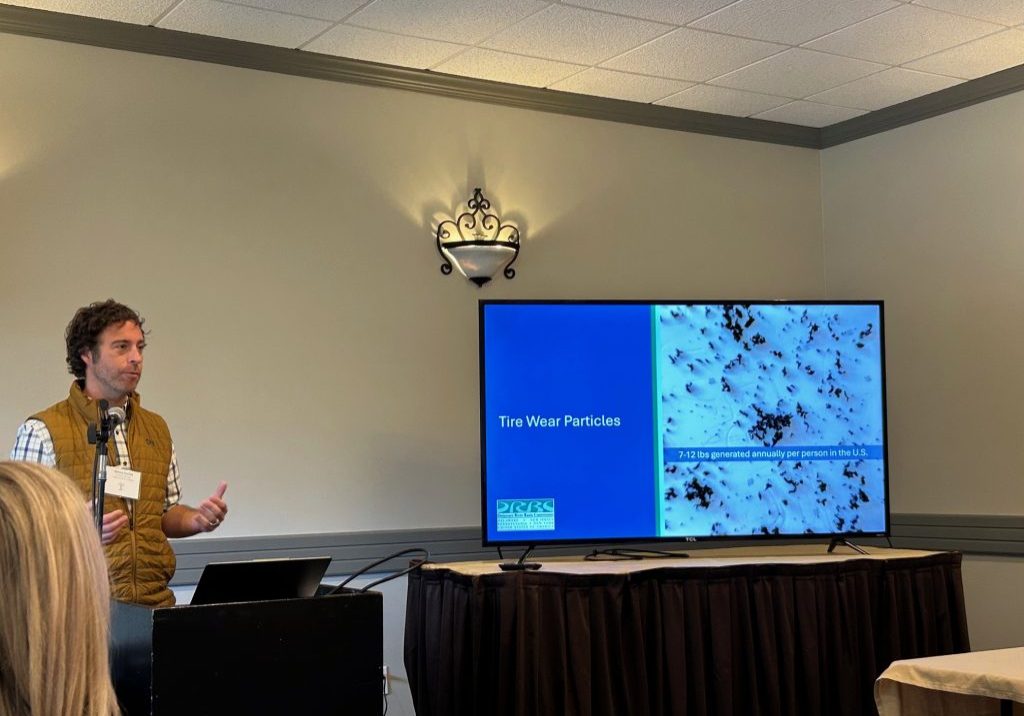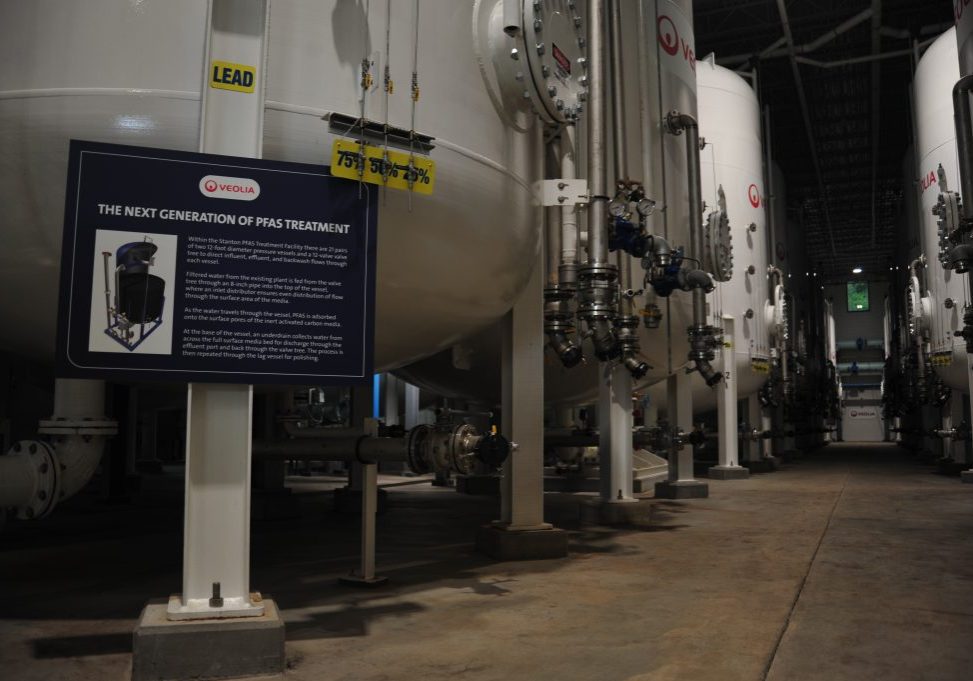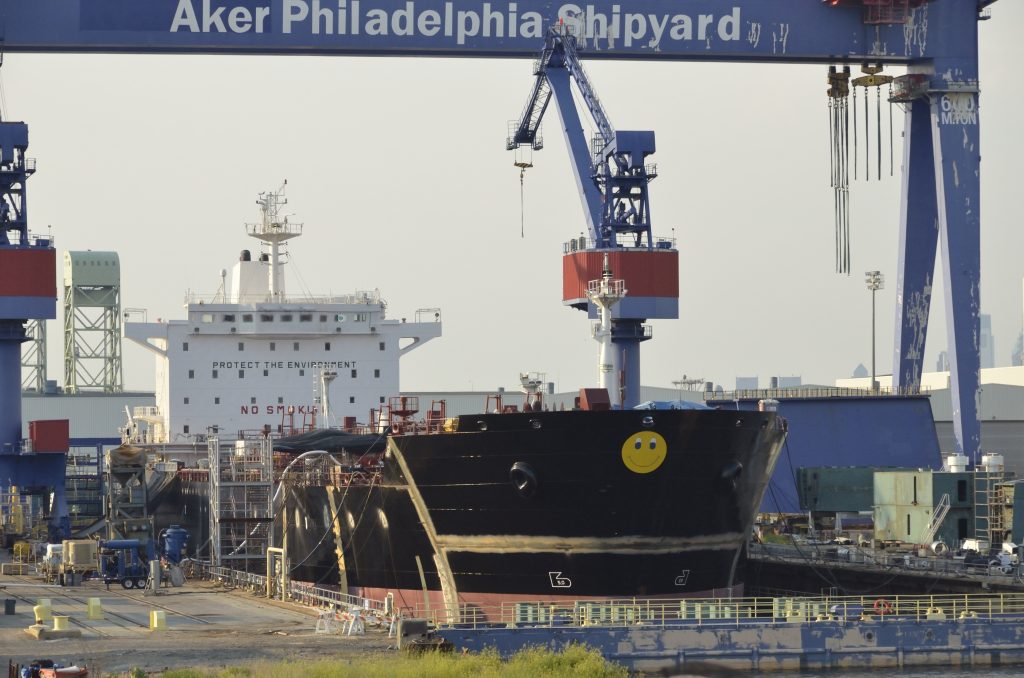
Hanwha’s Philadelphia shipyard draws international attention amid U.S.-Korea trade talks
| September 6, 2025
South Korean President Lee Jae Myung last month visited Hanwha Shipyard in South Philadelphia with U.S. officials, Philadelphia Mayor Charelle Parker, and Pennsylvania Gov. Josh Shapiro.
Lee’s visit came on the heels of U.S. tariff talks with President Trump, in which Seoul secured a reduction from 25 percent to 15 percent. Lee’s ship-building project “Make American Shipbuilding Great Again” (MAGSA), played a pivotal part in securing the deal while also further solidifying its “ironclad” alliance.
Lee said that the $150 million MASGA project to increase shipbuilding would be a “win-win” from both the U.S. and South Korean industries, according to Korea Joongang Daily.
Hanwha also unveiled plans to invest $5 billion in the Philadelphia shipyard, aiming to expand production from about one ship per eight months to up to 20 annually, with associated facility upgrades and job growth from 1,700 to potentially 5,000 workers.
Hanwha Shipyard CEO David Kim has also said that the company has plans for additional robotics and to expand to neighboring facilities along the Delaware River.
Critics of the shipyard condemned the scale-up as war profiteering, warning that the investment fuels military-industrial expansion amid escalated geopolitics.
“The heads of these companies are traitors, feeding themselves by escalating tensions and contributing to the U.S. war economy,” said Lee H., who spoke on behalf of Koreans for Decolonization, a youth organization at the University of Pennsylvania, and who asked that his full name not be disclosed over concerns for his safety.
Hanwha isn’t currently building warships at the Philadelphia shipyard. However, Mike Smith, CEO of the U.S. unit of Hanwha Group, spoke of building naval training vessels and other auxiliary ships. Hanwha did not reply to a request to comment.
“I don’t see us building destroyers in Philadelphia,” Smith said during a briefing with the press in October. “I do see us building the fleet the Navy needs next.”
Lee H. said that the Republic of Korea’s focus from strengthening local labor unions is shifting to strengthen the U.S. economy. Setting its sights on shipbuilding with Hanwha, Hyundai and Samsung among the biggest manufacturers, is a strategic move that could increase aggression with China.
In an earlier speech, South Korean President Lee also said that Trump expressed his intention to “actively support South Korea’s efforts to strengthen our national defense capabilities and to further expand cooperation in advanced defense industries between South Korea and the United States.” Lee also signaled in an earlier speech that the country would increase defense spending.
Members of Koreans for Decolonization also questioned whether residents of Philadelphia would see profits reflected in its city’s programs and infrastructure.
The visit concluded with the christening of a new naval training vessel, a symbolic nod to Philadelphia’s maritime legacy. Yet questions remain: While Hanwha’s investment promises thousands of jobs and expanded production, local activists and residents continue to raise concerns about the city’s share of the economic benefits and the shipyard’s role in supporting the global military-industrial complex.



